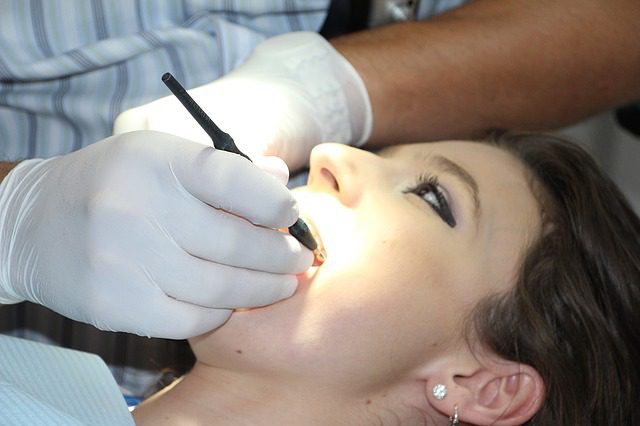You’re having tooth, jaw, or gum pain. Should you see a dentist, an oral surgeon or a periodontist?
In almost all situations, your first stop should be the person who does your regular dental checkups. If the pain is unbearable, even after taking an over-the-counter pain reliever, and it is after-hours, go to an urgent care clinic instead of an emergency room.
Your dentist can handle most oral problems, but if they think you need an oral surgeon or periodontist, they will say so and give you a recommendation.
What a Dentist Does
Dentists remove tooth decay, fill cavities, and fix broken teeth. After they diagnose problems with their patients’ teeth, gums, and sometimes other parts of the mouth, they treat these issues, and can also address concerns regarding nerves in the neck and head, along with salivary gland challenges.
They give advice and instruction on taking care of the teeth and gums (like brushing and flossing), and on dietary choices that affect the health of your teeth and gums.
When a problem is beyond the scope of a dentist’s training or experience, they will refer you to an oral surgeon or periodontist.
What an Oral Surgeon Does
If your dentist says you need oral or maxillofacial surgery, they send you to a specialist that treats disease and injuries of the mouth, teeth, jaw and gums.
Oral surgeons can repair fix birth defects, get rid of cancerous tumors, do complex extractions of teeth, and take care of jaw injuries.
Dr. Puckett of Wilmington Oral Surgery can help with:
- Wisdom teeth extraction
- Dental implants
- Surgery for orthodontics
- Oral pathologies
- Facial trauma
- Reconstruction
- Bone grafting
- Pediatric oral surgery
- Dentin grafting
Depending on the scope and severity of your problem, you may need to see a periodontist.
What a Periodontist Does
Like an oral surgeon, a periodontist can treat gum disease or injury. But the periodontist is more of a gum specialist than the oral surgeon, who deals with a wide range of issues. The periodontist focuses on the health of soft and hard tissues in the mouth.
Any good dentist can cure gum disease in the early stages, and an oral surgeon can handle most cases mid-stage cases. But if the disease is advanced, a periodontist may be suggested. They can perform treatments such as root planing, root surface debridement, and scaling.
While oral surgeons routinely place dental implants, a periodontist will often suggest dental implants after the treatment of periodontal disease that has resulted in lost teeth.
Periodontists specialize in:
- The surgical and non-surgical treatment of gum disease
- Preventive periodontics
- Treatment of gum recession
- Cosmetic gingival procedures
Periodontists often collaborate with dentists and oral surgeons on patients with complex needs.
The Differences in Training
Dental students complete a four-year graduate program which includes clinical clerkships and rotations that let them observe dentists and work with actual patients.
A periodontist does three years of post-graduate study after dental school.
Oral surgeons get more training and education than dentists and periodontists, particularly in the use of anesthesia. They train for four years or more in a hospital, working beside medical residents in a number of specialties.
Because they receive more training, specialists tend to be more expensive than regular dentists, so that is another reason to start with a dentist when you have a dental problem.
Who to Call For Tooth, Gum, Mouth and Jaw Issues?
So when you are faced with a dental problem, start with your dentist. If you don’t have one, ask your friends, family and neighbors for a referral. Oral surgeons and periodontists are specialists, only needed when a general practitioner sees a problem better addressed by a specialist.








